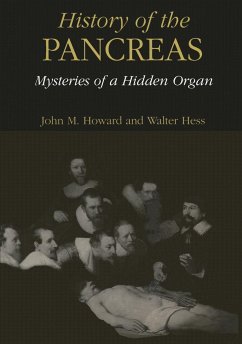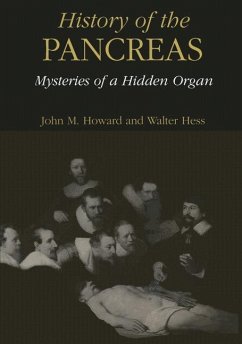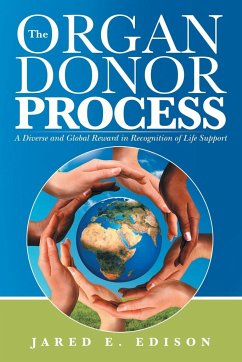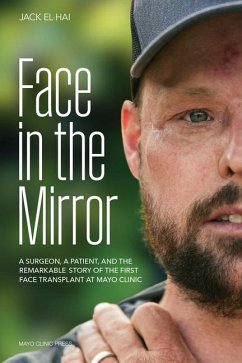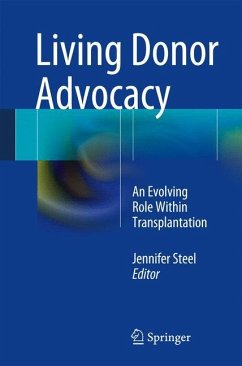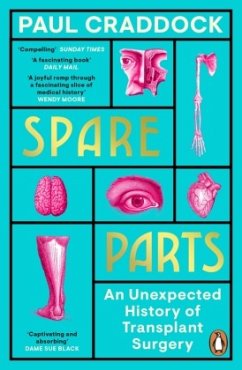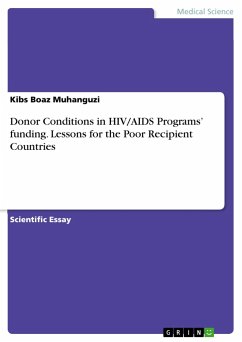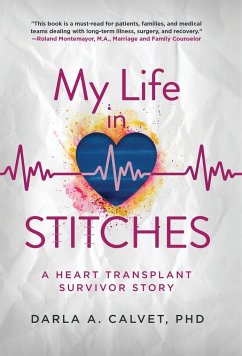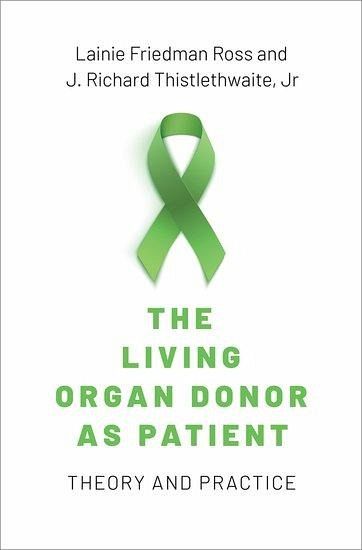
The Living Organ Donor as Patient
Theory and Practice
Versandkostenfrei!
Versandfertig in über 4 Wochen
64,99 €
inkl. MwSt.
Weitere Ausgaben:

PAYBACK Punkte
32 °P sammeln!
When Joseph Murray performed the first successful living kidney donor transplant in 1954, he thought this would be a temporary stopgap. Today, we are no closer to the goal of adequate organ supply without living donors--if anything, the supply-demand ratio is worse. While most research on the ethics of organ transplantation focuses on how to allocate organs as a scarce medical resource, the ethical treatment of organ donors themselves has been relatively neglected. In The Living Organ Donor as Patient: Theory and Practice, Lainie Friedman Ross and J. Richard Thistlethwaite, Jr. argue for treat...
When Joseph Murray performed the first successful living kidney donor transplant in 1954, he thought this would be a temporary stopgap. Today, we are no closer to the goal of adequate organ supply without living donors--if anything, the supply-demand ratio is worse. While most research on the ethics of organ transplantation focuses on how to allocate organs as a scarce medical resource, the ethical treatment of organ donors themselves has been relatively neglected. In The Living Organ Donor as Patient: Theory and Practice, Lainie Friedman Ross and J. Richard Thistlethwaite, Jr. argue for treating living solid organ donors as patients in their own right and show that living donor organ transplantation can be ethical.




